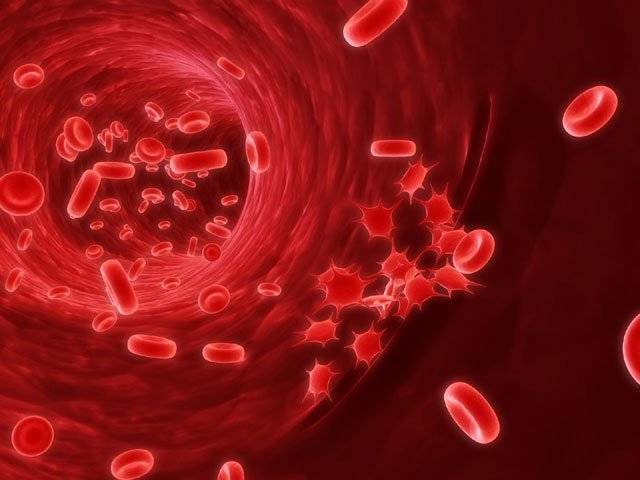CHICAGO (AFP) - The number of cancer cells that have broken off from the tumor and reached the blood stream affects the survival rate of patients suffering from advanced stages of prostate cancer, according to a study unveiled here. One of the problems preventing progress in the fight against cancer is identification of reliable early indicators that may signal whether a treatment can prolong the life of a patient, explained Dr. Howard Scher, a leading cancer researcher from Memorial Sloan-Kettering Cancer Center in New York and the lead author of the study. He presented this work at the 47th annual conference of the American Society of Clinical Oncology (ASCO) that is held this weekend in Chicago. More than 30,000 researchers and representatives of pharmaceutical companies are taking part in the forum. A Phase III trial known as COU-AA that involved 1,195 patients showed that the drug Zytiga developed by US laboratory Johnson and Johnson significantly improved overall survival in patients with metastatic castration-resistant prostate cancer. The drug helped reduce the number of circulating tumor cells from unfavorable to favorable counts, the researchers said. The findings could affect development of future treatment procedures because these markers could be used to evaluate the effectiveness of a new therapy in prolonging the patients life, replacing clinical trials that are longer and more expensive. In another study released Saturday at the conference, a panel of lung cancer experts known as the Lung Cancer Mutation Consortium analyzed tumor samples from 830 patients and found that half of them had undergone at least one of 10 genetic mutations known to cause cancer. Identification of these mutations should help a doctor decide which treatment is best suited for the patient.
Friday, April 19, 2024
Cancer blood cell level linked to survival: study

Minister reviews naan, roti prices
April 19, 2024
ETPB land worth Rs 40b retrieved so far
April 19, 2024
Lahore revamping plan to complete by June 30
April 19, 2024
CCPO reviews security for by-elections, NZ cricket matches
April 19, 2024
A Tense Neighbourhood
April 19, 2024
Dubai Underwater
April 19, 2024
X Debate Continues
April 19, 2024
Hepatitis Challenge
April 18, 2024
IMF Predictions
April 18, 2024
Kite tragedy
April 19, 2024
Discipline dilemma
April 19, 2024
Urgent plea
April 19, 2024
Justice denied
April 18, 2024
AI dilemmas unveiled
April 18, 2024
ePaper - Nawaiwaqt
Advertisement
Nawaiwaqt Group | Copyright © 2024





